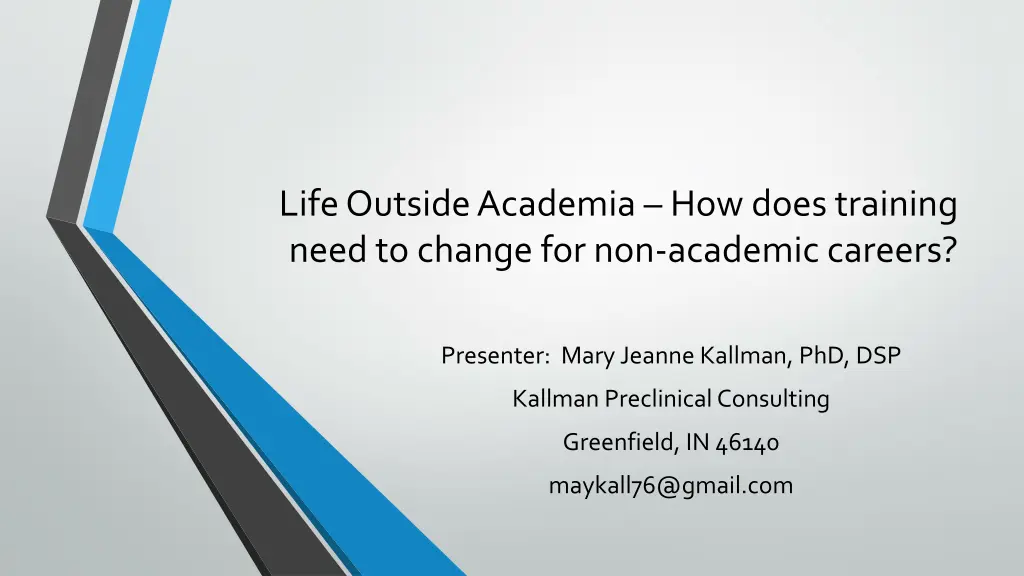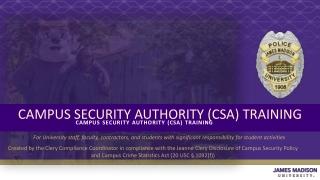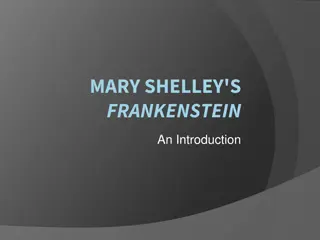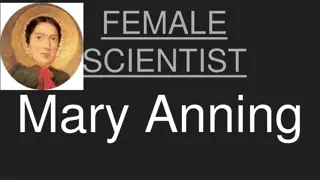
Training Transformations for Non-Academic Careers
Explore the evolution of training programs for non-academic careers outside academia, focusing on the changing landscape of opportunities for PhD scientists. Discover how to support diverse job experiences, interdisciplinary training, and essential skills development in various industries.
Download Presentation

Please find below an Image/Link to download the presentation.
The content on the website is provided AS IS for your information and personal use only. It may not be sold, licensed, or shared on other websites without obtaining consent from the author. If you encounter any issues during the download, it is possible that the publisher has removed the file from their server.
You are allowed to download the files provided on this website for personal or commercial use, subject to the condition that they are used lawfully. All files are the property of their respective owners.
The content on the website is provided AS IS for your information and personal use only. It may not be sold, licensed, or shared on other websites without obtaining consent from the author.
E N D
Presentation Transcript
Life Outside Academia How does training need to change for non-academic careers? Presenter: Mary Jeanne Kallman, PhD, DSP Kallman Preclinical Consulting Greenfield, IN 46140 maykall76@gmail.com
Current Statistics US Bureau of Statistics, May 2014 Average salary = $90,160 Atlantic Monthly Article, April 2013 & NSF 16% of STEM PhDs go into academic jobs within 3 years after graduation 44% of STEM PhDs go into postdocs 37% no postdoc and no job (maybe underemployed) Ratio tenure faculty positions vs part-time adjunct faculty Private colleges 50% Tenured 50% part-time Public colleges 64% Tenured 46% Part-time Since 2000 300% Increase in part-time faculty, Decreasing tenure-track positions Trend toward reduction in tenured positions with more service responsibilities, deteriorating resources and facilities, and stagnant wages Part-time adjuncts make minimum wage or less with no benefits
Non-academic Jobs for PhD Scientists Some of the best opportunities are for MD/PhDs Pharmaceutical Industry/CROs - Project Management, Lab Management, Clinical Trial Oversight, Regulatory Submissions, Marketing, Client Interactions Science Writing Research Support or Grant Administration Continuing Medical Education Medical Information Scientist Bioethics Entrepreneur Science Policy Technical Transfer -Patenting, Intellectual Property, Legal Opportunities Science Librarian Science Museum Management
What Training Programs Can Do To Support Non-academic Options Choose part-time faculty wisely to provide diverse job experience Seek opportunities for interdisciplinary training bio-statistics, drug development , combination of laboratory techniques, MD/PhD programs Teach m0re in vivo work to pair with popular in vitro technical work (drug registration still largely depends on in vivo data) Teach regulatory process for new drug registration with an emphasis on issue resolution Advocate for more resources from federal and university alternatives for funding (especially to include student travel) Find secondary mentors in non-academic environments to match with students (some professional societies have these opportunities within their activities) and seek short term lab experiences even if for no pay Teach translation of techniques and how to strategically determine translation Make students aware of available free Webinars and opportunities for certifications DABT, DSP, and others Talk about all types of job opportunities not just academic Make students aware that writing and presenting are the #1 skills regardless of the job and #2 is scientific logic/strategic thinking. Make sure that they make every effort to present and publish with diverse feedback in the protected learning environment May have to reduce acceptances to training program if placement cannot be solved
Sources of Information on Alternative Careers Journal Acticles, NSF, Science, Chronicle of Higher Education and others Make available information on where to search for these non-traditional jobs Your past graduates






















